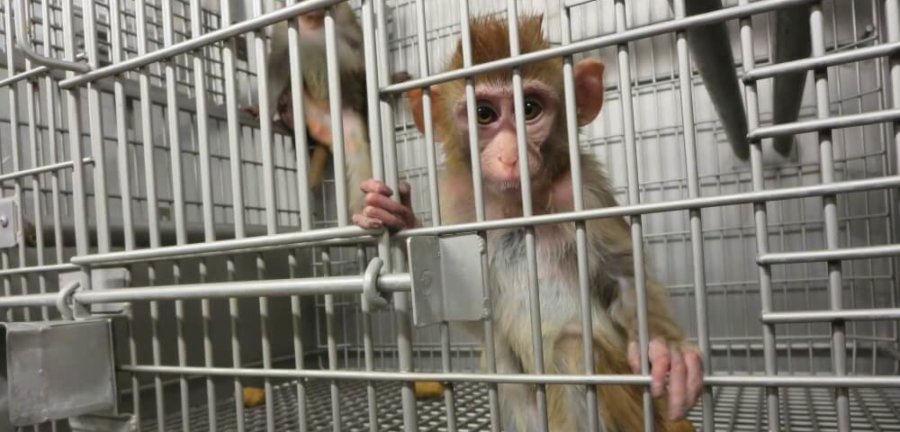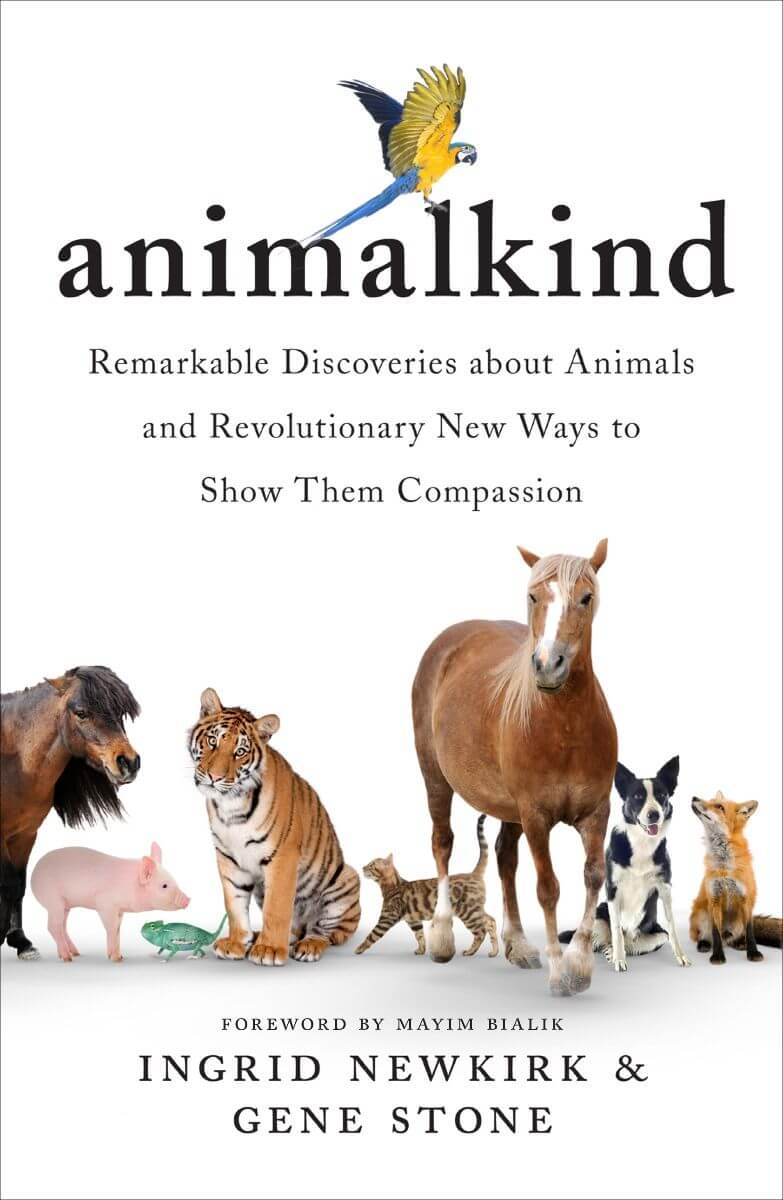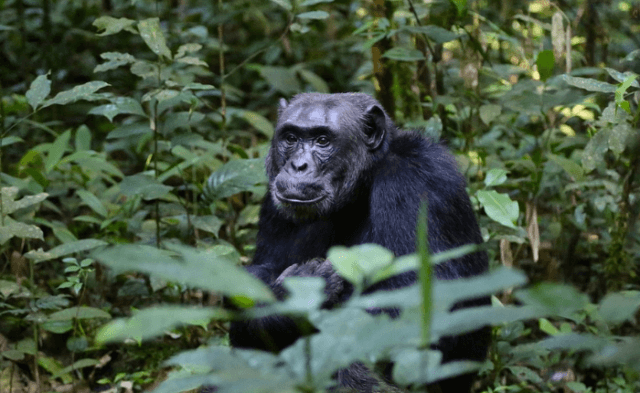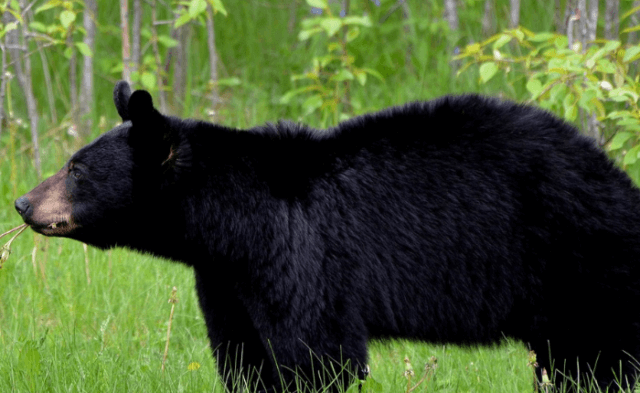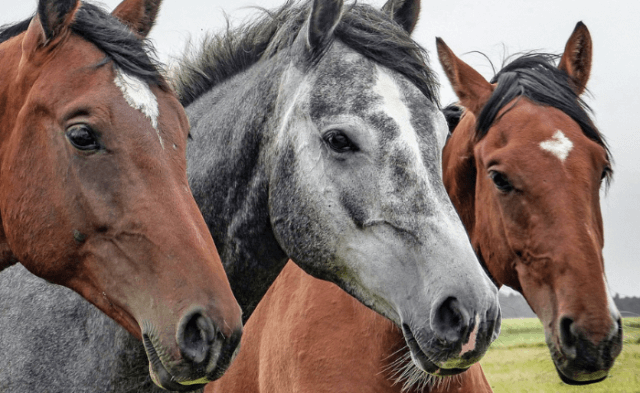With acrimonious partisan rhetoric at a fever pitch, one might wonder if there is anything both sides of the aisle can agree on. It turns out there is: protecting animals. The Preventing Animal Cruelty and Torture Act, a bipartisan bill that makes it a felony to torture and kill animals for fetish videos, passed both houses unanimously before being signed into law by President Donald Trump.
The New York Times called PACT’s passage “a rare display of political unity,” but what’s not rare is the growing realization by people in red, blue and purple states that animals are thinking, feeling individuals who deserve respect and protection. It’s a sea change that is being felt all over the world. PACT is the latest in a series of groundbreaking laws protecting animals, including New York City’s ban on foie gras, California’s ban on selling fur, Florida’s ban on dog racing, Canada’s ban on whale and dolphin captivity, Norway’s ban on fur farming and the United Arab Emirate’s ban on abandoning animals. These laws didn’t pass in a vacuum. They are a sign of people’s changing attitudes toward animals.
People aren’t just asking if the tanks at SeaWorld are too small they’re recognizing that it’s wrong to confine and display intelligent, social, sensitive orcas at all. Companies are seeing the writing on the wall and they’re responding by changing their business models.
Airbnb, TripAdvisor and other travel companies have stopped promoting SeaWorld and other venues that imprison animals for “entertainment.” One of the biggest of the big-box stores, Walmart, has stopped selling live fish. Longtime PETA targets Chanel, Coach, Gucci, Michael Kors, Prada and Versace have all gone fur-free. Restaurant chains are rolling out more vegan options every day, including Panera Bread, Uno Pizzeria & Grill, Subway (which began testing a new Beyond meatball sub), Del Taco and Dunkin’ Donuts (full disclosure: I had one of their delicious vegan sausage sandwiches for breakfast before writing this). And institutions ranging from the Environmental Protection Agency and the National Institutes of Health to cereal giant Kellogg’s are embracing superior, nonanimal testing methods.
As PETA’s mission statement reads, “Animals are not ours to experiment on, eat, wear, use for entertainment, or abuse in any other way,” which means that those “others” who happen not to have been born human have the right to live out their own lives and pursue their own interests and don’t exist simply for humans to do with as we please, even robbing them of their very lives just for a sandwich or a pair of shoes.
In our new book, “Animalkind,” Gene Stone and I discuss aspects of animals’ rich emotional lives from crow funerals and mouse love songs to sentinel geese and war-hero pigeons and point out how similar humans and other animals are in all the ways that matter. We quote Dr. Thom van Dooren, an Australian anthropologist who argues that “human exceptionalism” the belief that humans are superior to all other beings has harmed our understanding of other animals. I believe it has also harmed our understanding of ourselves and our place in the world. Animals aren’t like us they are us. Discriminating against animals simply because they are covered with fur, feathers or scales is as offensive as any other form of discrimination and just as unjustified.
If we shrug off speciesism, we show ourselves to be not superior to other animals but, rather, inferior to them, such as the kind, sensitive rat I mention in my book who opted to starve rather than subject another rat to an electrical shock, or the goose who tried to comfort his dying mate in her final moments.
To reject discrimination, exploitation and violence based merely on species, we must take a hard look at our personal choices and change those that harm animals. We can go vegan to combat climate change or to clean out our clogged arteries, or we can do it because it is simply wrong to exploit, hurt and kill other living beings on a whim. Whether the victim is tortured for a sexual fetish or for a birthday celebration at a fancy restaurant, what matters is the suffering that went into that online video or that surf-and-turf special and the recognition that we can and must do something to stop it.

